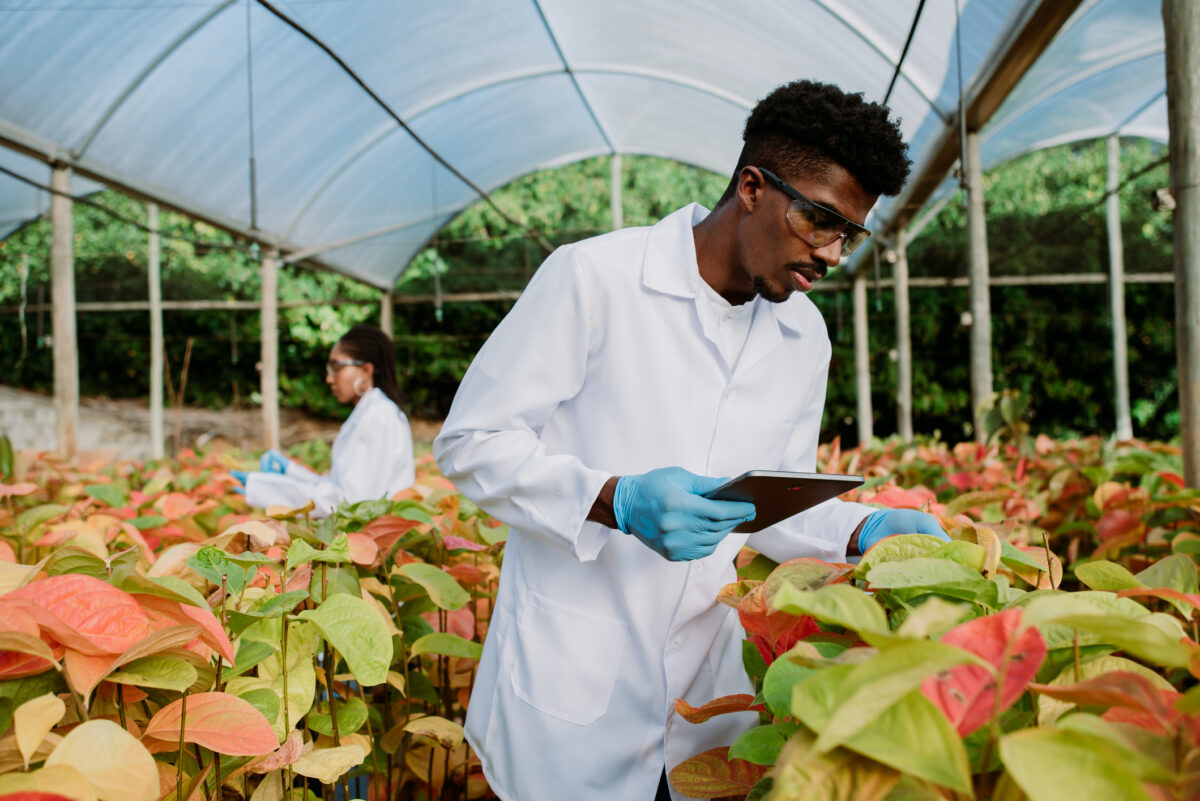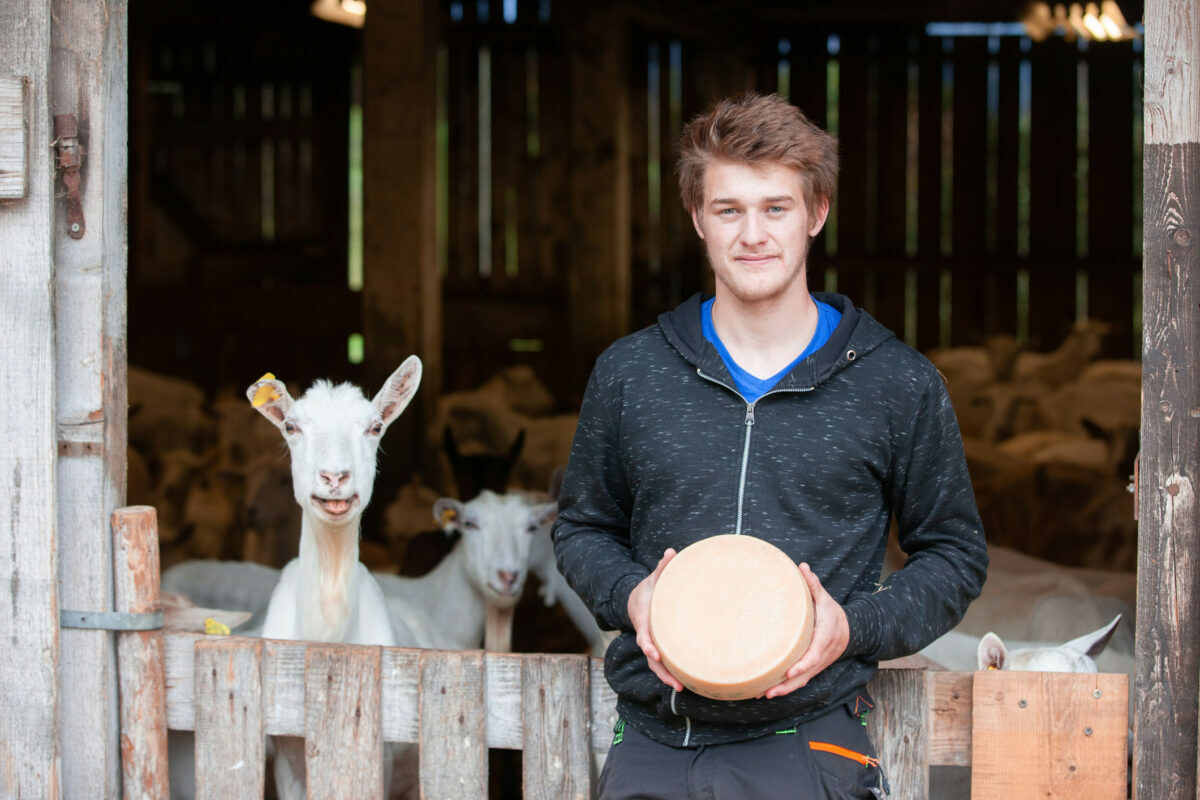Royal Agricultural University reveals plans for £100M ‘innovation village’ to support development of sustainable solutions

Image credits: Royal Agricultural University
The Royal Agricultural University (RAU) is planning to build a £100 million carbon neutral ‘innovation village’, which it says will be the first of its kind in the UK.
The development is to be based on a 29-acre site at the university’s campus in Cirencester, Gloucestershire, and aims to tackle some of the biggest global challenges faced by the agricultural industry, such as biodiversity loss, heritage management, climate change, sustainable land use, and food production.
RAU says the village intends to help industry, food producers, farmers, and landowners create new ideas to advance innovation around healthy land and nature, food production, and resilience in rural, local and regional communities across Gloucestershire.
The site will feature a research innovation centre, residential and work units, business start-up and support areas, and facilities for business and conference hospitality.
The development is also expected to be completely carbon neutral. RAU hopes do this by using construction methods and materials that have a minimal environmental impact. It also says the site’s design should enable energy efficient and low carbon ongoing usage, operations and site maintenance, promote low carbon transportation in and around the site, as well as protect and boost biodiversity.

RAU proposed innovation village location plan. Credit: Architype
RAU proposed innovation village location plan. Credit: Architype
The proposed scheme is expected to provide skills, training, employment and affordable housing to improve retention of 16 to 24-year-olds in the agricultural industry, attract an annual research income of £10M per year by 2030, and create new job opportunities in R&D and academia.
The initiative has already received support from the Department of International Trade, Gloucestershire County Council, and the GFirst Local Enterprise Partnership – which is responsible for the county’s Strategic Economic Plan. The university says the development has a Gross Development Value of between £80 and £100 million.
A study carried out by Hatch Regeneris in 2020 showed the university so far has helped contribute £20 million of Gross Value Added to the local economy and £32 million to the regional economy. RAU hopes to boost this number by at least 75% through the innovation village.
At a launch event for the initiative, Professor Peter McCaffery, Vice Chancellor at RAU, said the village could “turbo-charge SME agri-tech enterprise activity” in Gloucestershire.
“We anticipate we will increase the RAU’s current contribution of £52m to the local and regional economy by half as much again over five years when the project is up and running,’” he added.
The university will engage in talks with local residents and stakeholders prior to finalising its plans, and hopes to gain full planning permission for the initiative by Spring 2024.







